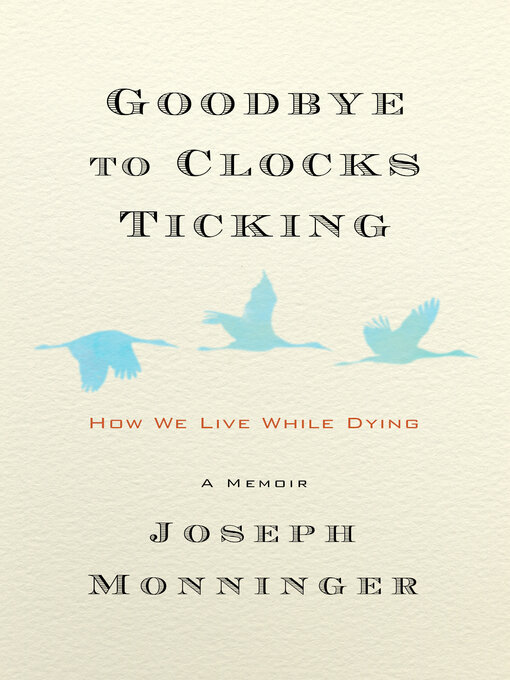- Available now
- All Access Comics
- New eBook additions
- Always Available Indies & Classics
- Quick Reads
- Biography
- Westerns
- Romance
- Mysteries
- Science Fiction
- Fantasy
- Nonfiction
- Manga and Comics
- See all ebooks collections
- New eAudiobook Additions
- LGBTQIA+ Audio
- Always Available Audiobooks and Podcasts
- Available now
- Audiobook Mysteries for Everyone to Solve
- Short Listens
- Biography
- Romance
- Mysteries
- Science Fiction
- Fantasy
- Westerns
- Audiobooks for Kids & Teens
- See all audiobooks collections


